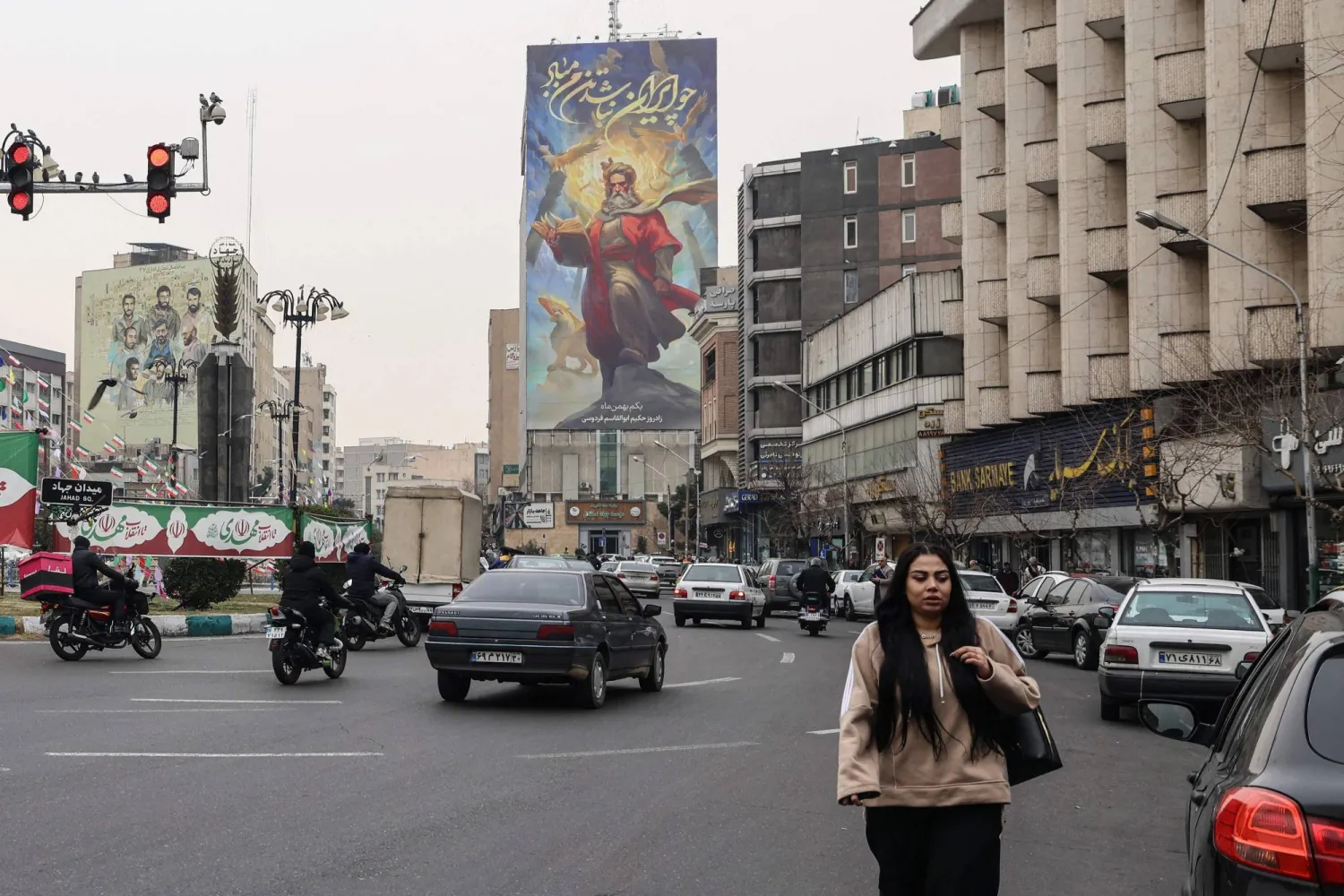The African Union (AU) has suspended Niger from all its activities following the military coup there and told its members to avoid any action that might legitimize the junta.
The coup last month has caused alarm among Western allies and democratic African states who fear it could allow extremist groups active in the Sahel region to expand their reach, and give Russia a foothold to increase its influence.
The Economic Community of West African States (ECOWAS) has been trying to negotiate with the junta but says it is ready to send troops into Niger to restore constitutional order if diplomatic efforts fail.
In a rare sign of progress on Tuesday, ECOWAS mediator Abdulsalami Abubakar, who is a former military leader of Nigeria, said a weekend visit to Niger had been “very fruitful" and that he still had hope for a peaceful resolution.
"Nobody wants to go to war," he told reporters in Abuja after briefing Nigerian President Bola Tinubu on the mission.
"We started talking. They (the junta) have made their own points. We'll get somewhere hopefully," he said, without giving further details.
The AU Peace and Security Council said in a communique on Tuesday that it had noted ECOWAS' decision to activate a standby force and asked the AU Commission to assess the economic, social, and security implications of deploying such a force.
It also said it had asked the AU Commission to compile a list of members of the military junta and their supporters for targeted sanctions and "the application of individual punitive measures".
The resolutions in Tuesday's statement were adopted at a council meeting held on Aug. 14, it said.
ECOWAS has already imposed broad sanctions on Niger, which the AU endorsed.
The AU reiterated calls for the coup leaders to immediately release elected President Mohamed Bazoum, who has been detained since the coup, and return to their barracks.
The junta has resisted pressure to stand down and on Saturday proposed a three-year timeline to organize elections, a plan which ECOWAS rejected.
'Grave implications'
The ECOWAS Parliament, one of the regional bloc's institutions, is against sending in troops, said Ali Ndume, a representative from Nigeria.
"Our stand is informed by the grave implications of a military intervention in Niger. (There is) no alternative to a diplomatic solution," he told journalists in Abuja on Tuesday, following a parliamentary meeting on Niger the night before.
Regional leaders have taken a hard line on Niger, trying to show that they meant it when they said coups would no longer be tolerated in the region. Niger's coup is the seventh in West and Central Africa since 2020.
The country has strategic significance as a base for US and French troops helping fight extremist militant groups in the region, and as one of the world's biggest producers of uranium.
Algerian state radio said late on Monday that Algeria had refused a French request to fly over its airspace for a military operation in Niger. France denied making any such request. It was not clear what type of operation Algeria referred to.
The AU said it strongly rejected any external interference in the situation by any actor or country outside of Africa, including engagements by private military companies - a likely reference to Russian mercenary group Wagner, which is active in neighboring Mali.
Wagner chief Yevgeny Prigozhin has welcomed the coup and on Monday posted a video in which he appeared to be in Africa, promoting Wagner's activities there.









